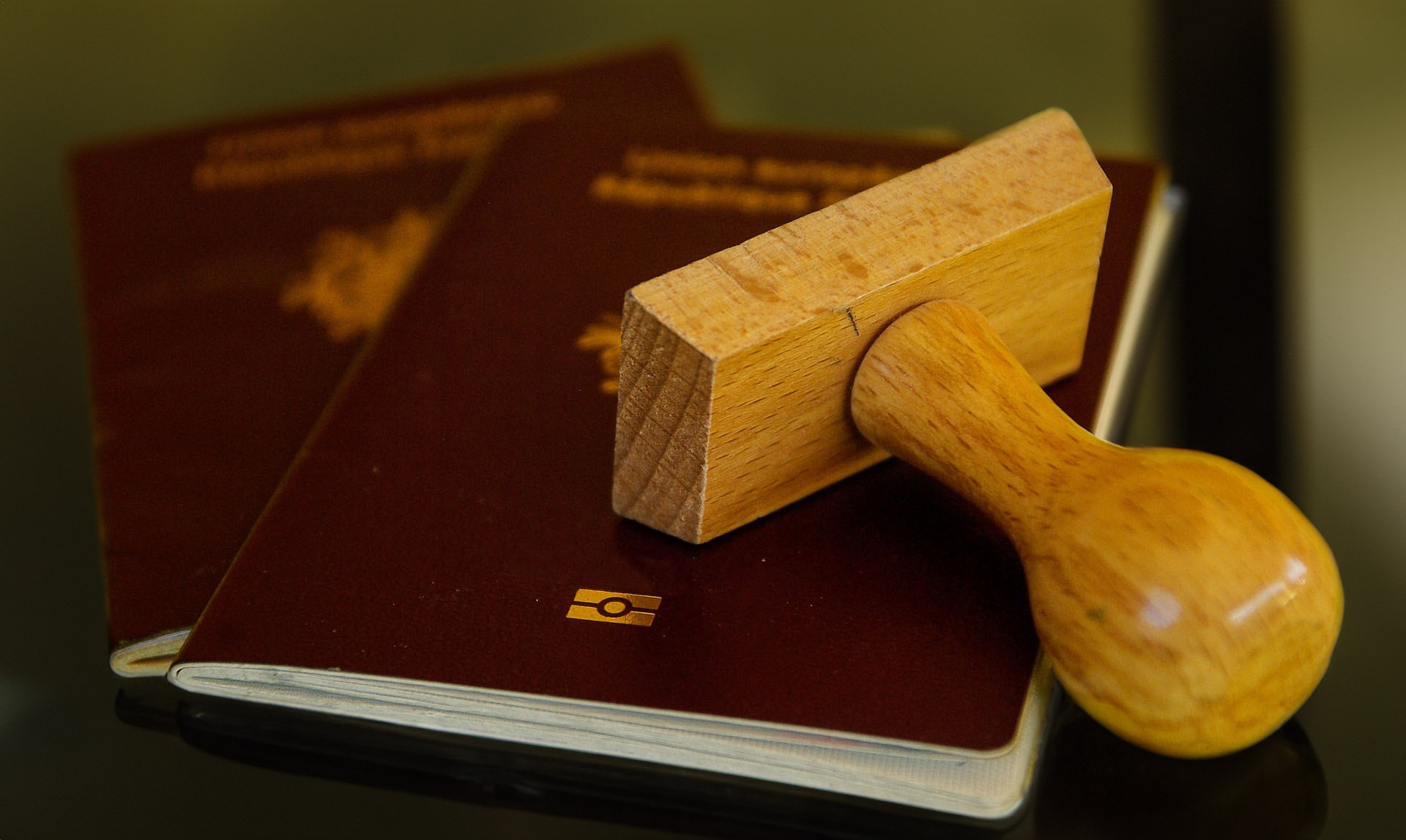
Overview
The European Union is set to implement a new Entry/Exit System (EES) October 2024, which will significantly change how non-EU citizens, including most British nationals, enter and exit EU countries. This system replaces the manual stamping of passports with a more sophisticated electronic record-keeping method, aimed at enhancing security and streamlining border crossings.
What is the EES?
The EES is an automated system designed to register non-EU nationals each time they cross the EU's external borders. This includes both short-stay visa holders and visa-exempt travellers. The system will collect personal data such as names, travel documents, biometric data (fingerprints and facial images), and entry and exit details.
Who Does It Affect?
The EES primarily impacts travellers from non-EU countries, including the UK, who are visiting the EU for short stays (up to 90 days within a 180-day period). However, British and non-EU nationals with EU residency permits or long-stay visas will be exempt from this requirement.
The system aims to identify overstayers and improve border security by preventing illegal immigration and detecting fraudulent documents.
How Will It Work?
Upon arrival in an EU country, travellers will need to present their passports, undergo facial image capture, and provide fingerprints. These procedures will replace the traditional passport stamping method and will be required at all participating EU and Schengen area borders. For UK travellers, these checks will also take place at the Port of Dover and Eurotunnel terminals before departure due to the dual border agreement with France.
Future Developments: ETIAS
In mid-2025, the EU will introduce the European Travel Information and Authorisation System (ETIAS). This system will require travellers from visa-exempt countries to obtain an electronic travel authorisation before entering the EU. The ETIAS will be similar to the US ESTA system and will involve a €7 fee for travellers aged 18-70, valid for three years or until the passport expires. British nationals with EU residency will also be exempt from ETIAS.
Official Resources
For more detailed information and updates on the EES and ETIAS, you can visit the official European Commission page on EES and the ETIAS information page.
These changes aim to streamline border processes, improve security, and ensure that the movement of people across EU borders is efficiently managed. It's essential for travellers to stay informed about these upcoming requirements to avoid any travel disruptions.



